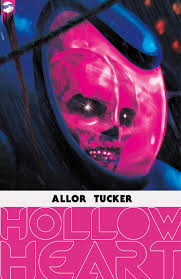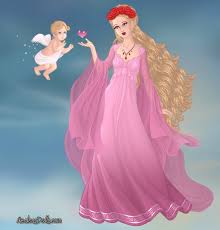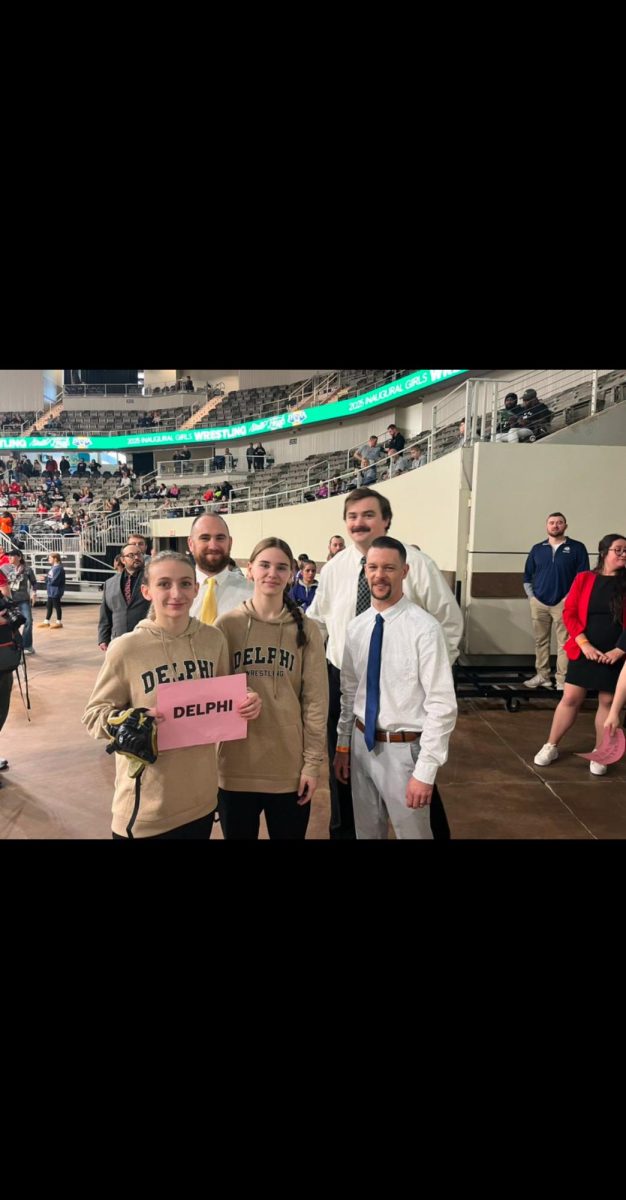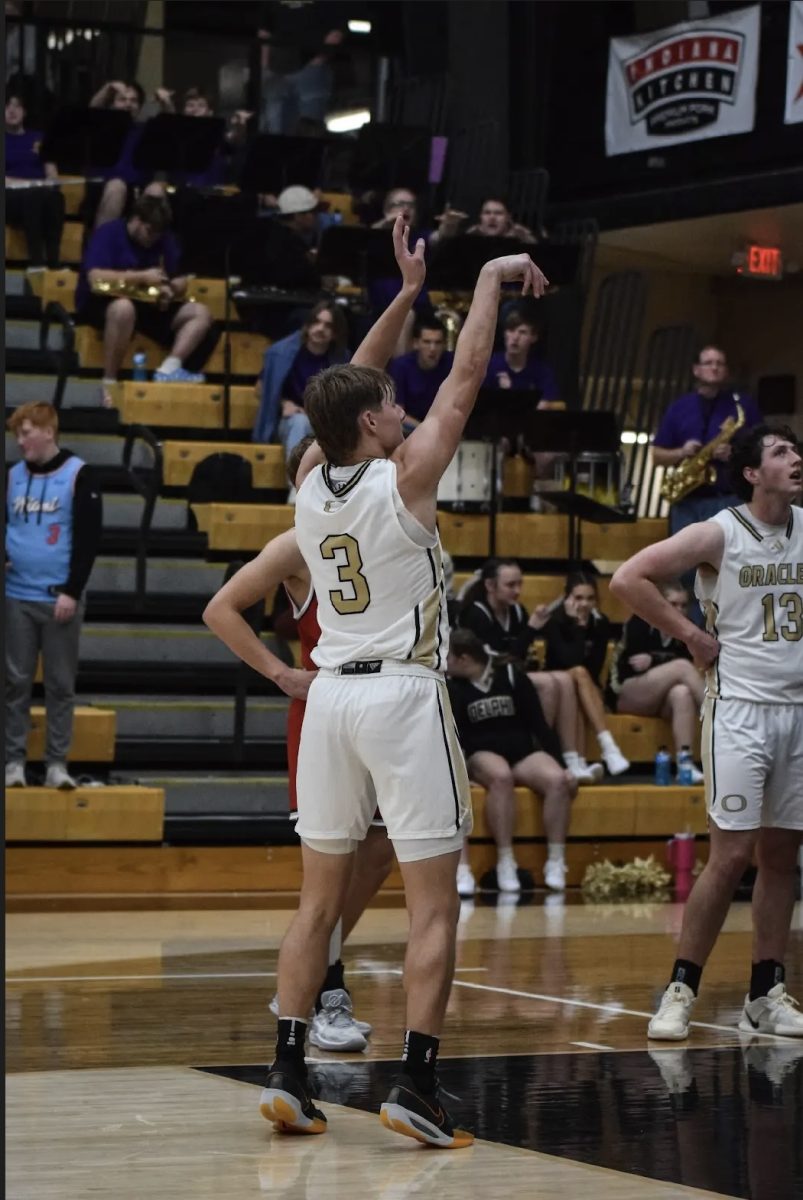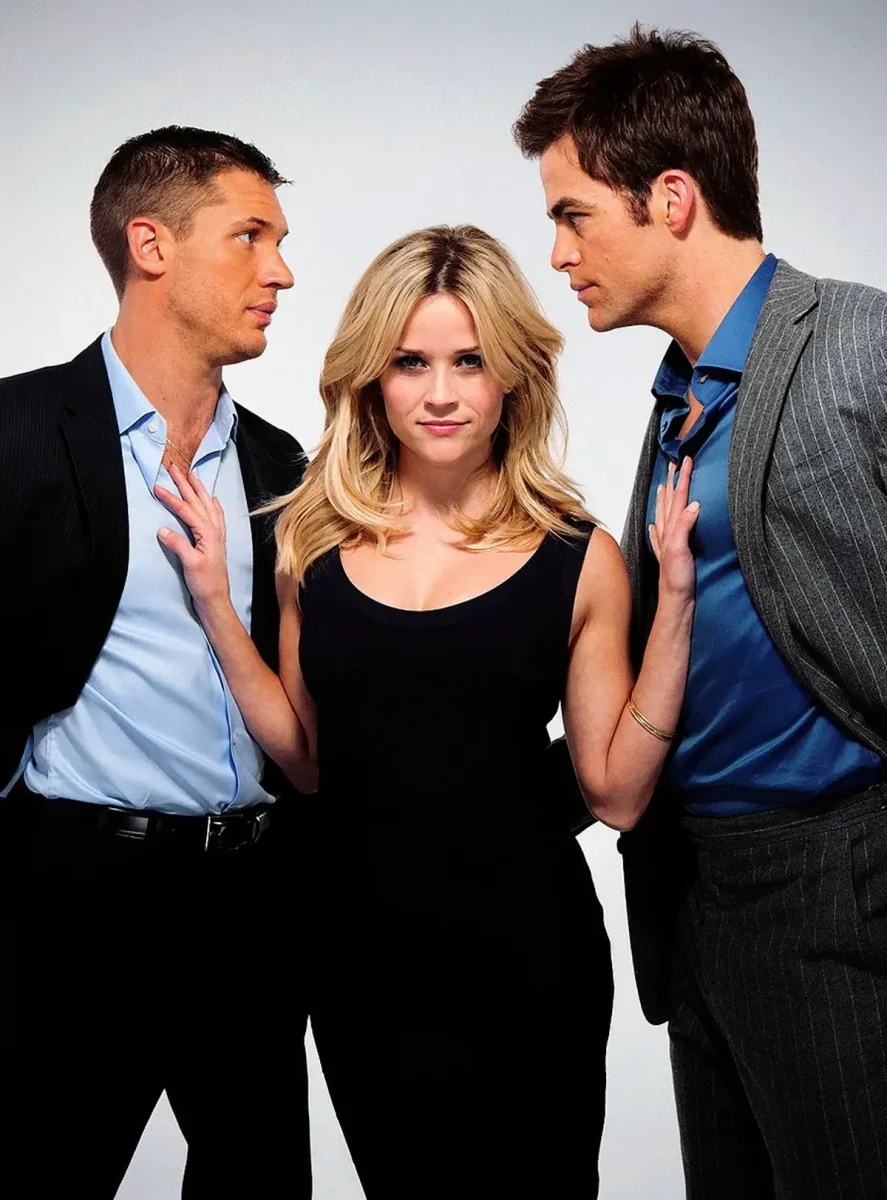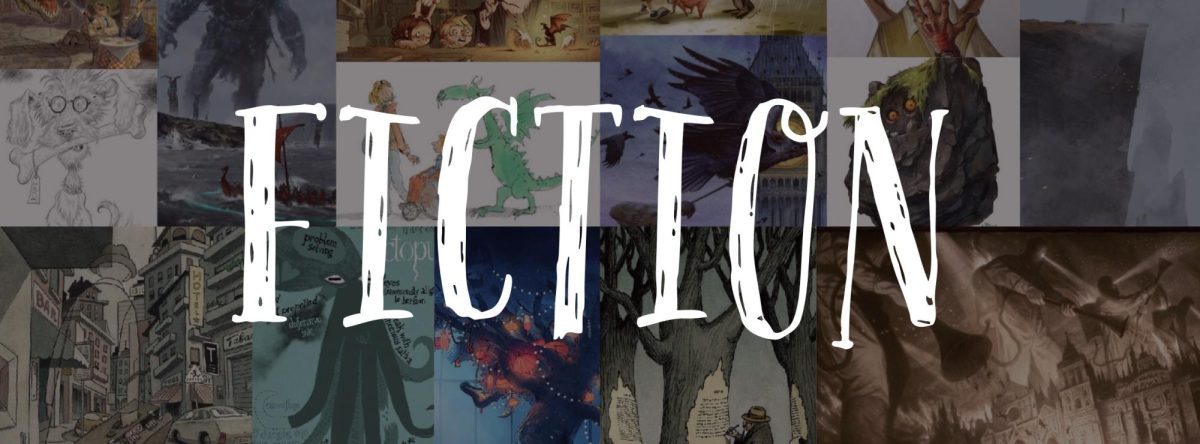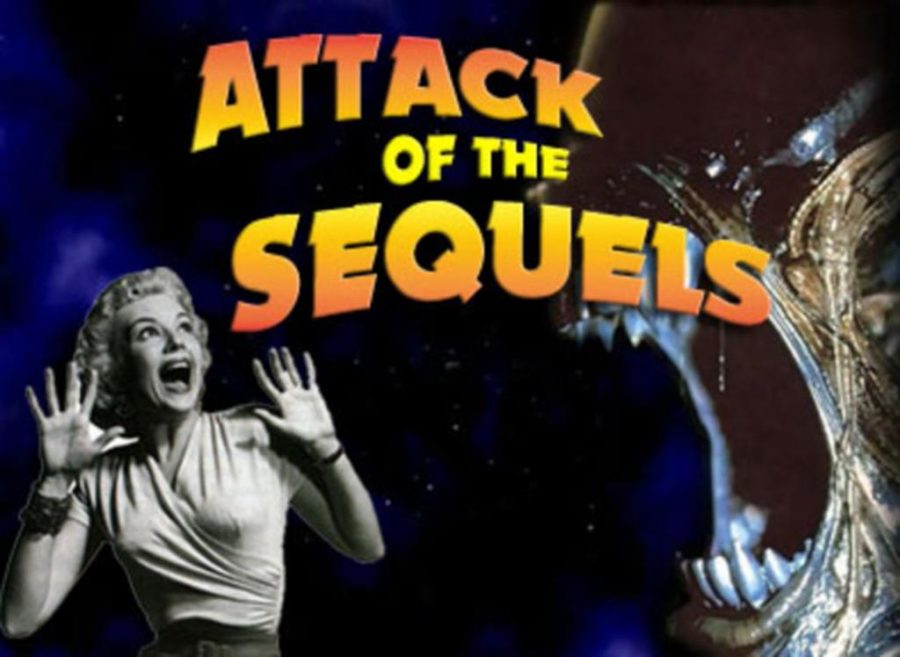Why do many sequels underperform?
Whether it’s been a book, a movie, a TV show, we’ve all had something we’ve loved and are deeply connected to. Usually after finishing said thing, we clamor to see if there’s a sequel. Eventually, after we’ve gotten the sequel or waited long enough for the sequel to be made, we speed through it, binge watching or pulling all-nighters just to finish it up. However, once we finish, there’s that awful feeling that we just can’t shake—that the second one just wasn’t as good as the first.
We’ve seen it happen everywhere: movie series, book series, reboots of TV shows, the list can go on and on, but whenever a sequel comes out, people always seem to characterize the first as the best one. But why? Why do sequels always seem to fall short of their predecessors?
One obvious reason is that many authors and screenwriters want to make a quick buck. They turn away from what made the first story so cherished, and instead go to what can quickly make them money. They sacrifice the quality, and then make a bunch of money from previous fans rushing to gobble up the new story.
There have been many sequels that have prove to be worse than the original—from Cars 2 and Allegiant in the Divergent series, Indiana Jones and the Kingdom of the Crystal Skull and the entire second Star Wars trilogy, these are just a few of the subpar sequels that audiences initially lined up to see. Some of these are just a matter of poor management, or maybe even budgeting. But for many of them, it is just the case of trying to capitalize off a already working idea.
Part of the problem is the audience’s or reader’s fault. Expectations are high after the first story. However, after a stunning beginning, it really is hard for the producer of the story to equal or top it, especially if demand is high and pressure is on.
In any circumstance, it’s a toss up whether a sequel will be as great as its predecessor. Ultimately, it depends on the audience—their reaction to the sequel can make or break a saga.

Jordan is a senior at Delphi, and this is his third year writing for Parnassus. He is involved in Interact, SADD, NHS, Band, and swims on the swim team....




